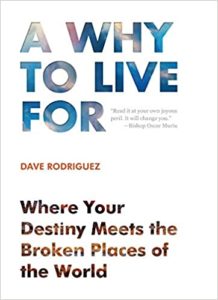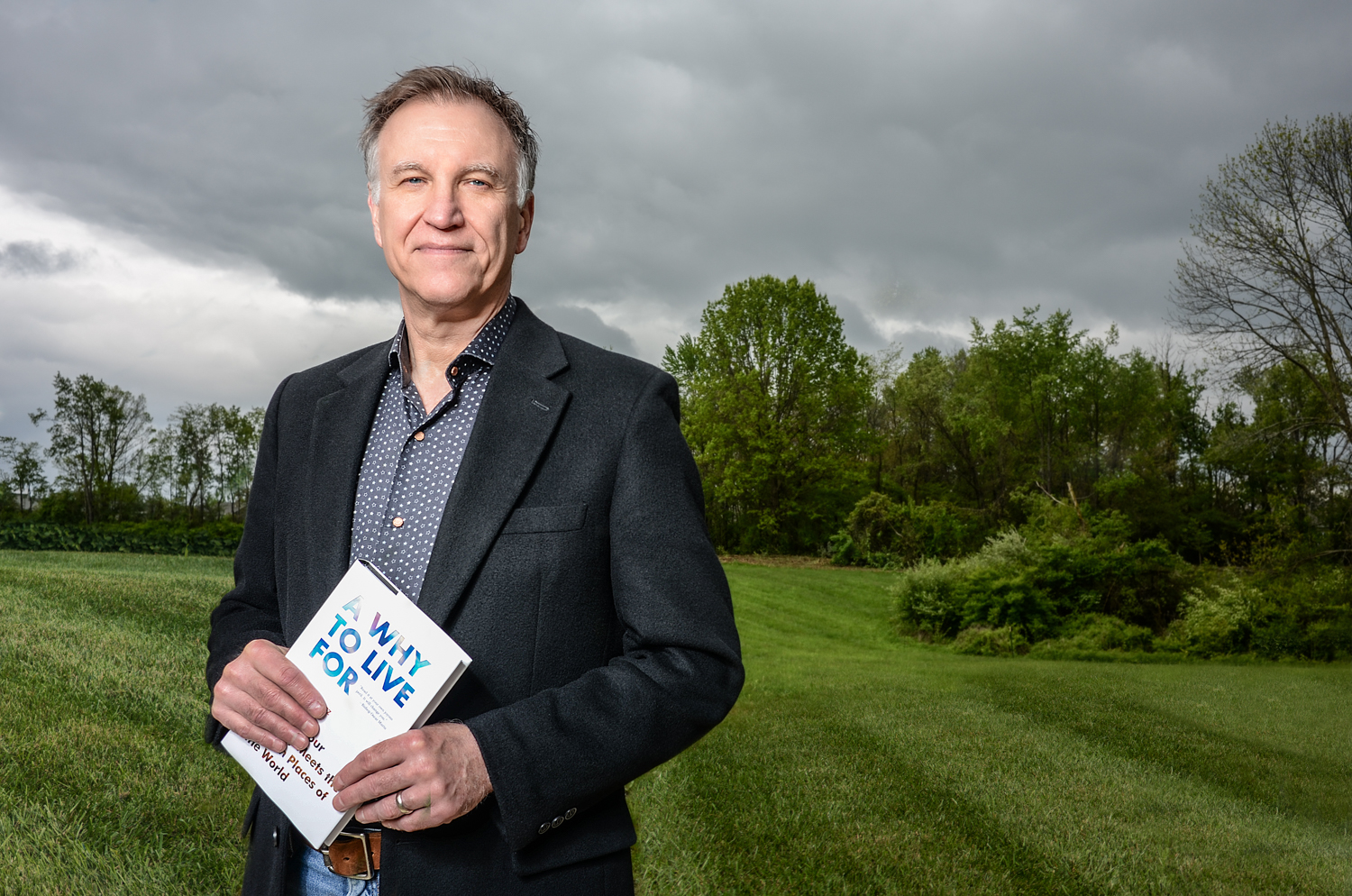In my last post I reflected on the “losses without conclusion” I and many others are facing in these days of COVID. I was captivated by an interview I heard with social scientist, Dr. Pauline Boss, who has pioneered research on this idea of “ambiguous loss”. Her early work was summarized in the book Ambiguous Loss: Learning to Live with Unresolved Grief. More recently she has published The Myth of Closure: Ambiguous Loss in a Time of Pandemic and Change.
I’ve been reading Dr. Boss’s most recent book and am finding her idea of ambiguous loss clarifying, though no less troubling. The revelation that some losses may not ever get closure makes total sense, but still leaves me with questions like…”How do I learn to live with the ambiguity?”
And, boy, are we facing a boatload of ambiguous loss. Some COVID losses have been clear and definitive. Some have lost jobs, businesses, income, retirement savings, homes, etc. But so many other losses have been indefinite and confusing. Here’s a list of them from Boss’s The Myth of Closure. How many of these can you relate to?
Ambiguous losses due to Covid-19
- loss of hopes, dreams, and plans for your future – the loss of a way of life that had promised fulfillment and satisfaction
- loss of certainty about safety and health for yourself and your family
- loss of routines
- loss of play dates for young children and at-school learning for all students, regardless of age
- loss of parental time and freedom to go to work due to the need for at-home schooling for their children
- loss of the ability to be with a loved one who is hospitalized and/or dying
- loss of traditional rituals of mourning and burial
- loss of ability to celebrate major life events – births, graduations, marriages – in community with others
- loss of support and comfort from your community at times of loss
- loss of being able to say goodbye to friends as schools and colleges close abruptly
- loss of ability to attend large events – concerts, sports, lectures, reunions, and so on
- loss of control of how much time is spent with partner and children (too much, too little)
- loss of trust in the world as a fair and just place
- loss of trust in leaders and authorities
- loss of freedom to move about as we please
For these reasons and perhaps many more, people are making significant changes to their lives, or are wishing they could. These ambiguous losses are typically unspoken, but are at the core of the “Great Resignation”.
Employers know that at any given time, regardless of pandemics or other earth-shaking events, a certain percentage of their employees are thinking of quitting. INC magazine, quoting a workplace health survey conducted by Mental Health America, stated that “Between June 1st, 2015 and March 1st, 2017, 70% of respondents who participated in the workplace health survey were either ‘actively looking for new job opportunities’ or were thinking about it ‘always, often, or sometimes.’” Mind you, this was 3 years BEFORE the pandemic. Throw in the unresolved losses of the past 2 years and it’s no wonder so many people are bailing in hopes of finding closure or a new beginning. We’re all trying to cope with our deeply unsettling grief that does not appear to have an end date.
So, back to the question I raised earlier… “How do we learn to live with the ambiguity?” And in respect to employers, “How do we help our employees cope with the ambiguous losses and retain them as they adjust?”
There’s no silver bullet that will solve issues of this depth and magnitude. And, again, these problems are mostly unresolvable with no neat and clean closure. But there are some ideas worthy of consideration that may help us wrestle well and even come to a sense of peace. I will address more of these ideas in the weeks ahead, but let me start with two key ideas that are simply non-negotiable.
First, we will never come to peace with our ambiguous losses without community. More on this idea next week, but never has this been more obvious than in this time of isolation. Second, we all need something deeper, more substantial, and at the core of our beings that can move us through the fog. We need meaning. We need purpose. We need a calling.
Over the last two years, I’ve been holding Destiny Workshops for hundreds of people of all ages and for organizations of all types – non-profits, manufacturers, fraternities, churches and community organizations. The hunger for meaning is palpable among the production line workers, students, CEOs, ministers, counselors, entrepreneurs, et al. that I’ve taught. I believe the time we’ve spent together wrestling with purpose has stilled the noise in many of their hearts.
Knowing your “why” is crucial when everything else seemingly lacks resolution.
So, stay tuned, there’s lots more to unpack on this topic of loss-without-closure. But would you consider doing something for me in the meantime? Would you share these thoughts with someone you know who might benefit from them? In particular, please pass this along to those who run organizations and are wringing their hands over The Big Quit. Would you tell them that I can help and am happy to do so?
Friends, listen for your calling as you stand in the fog, and follow it when you hear it. There is a way forward, even through the ambiguity.




0 Comments